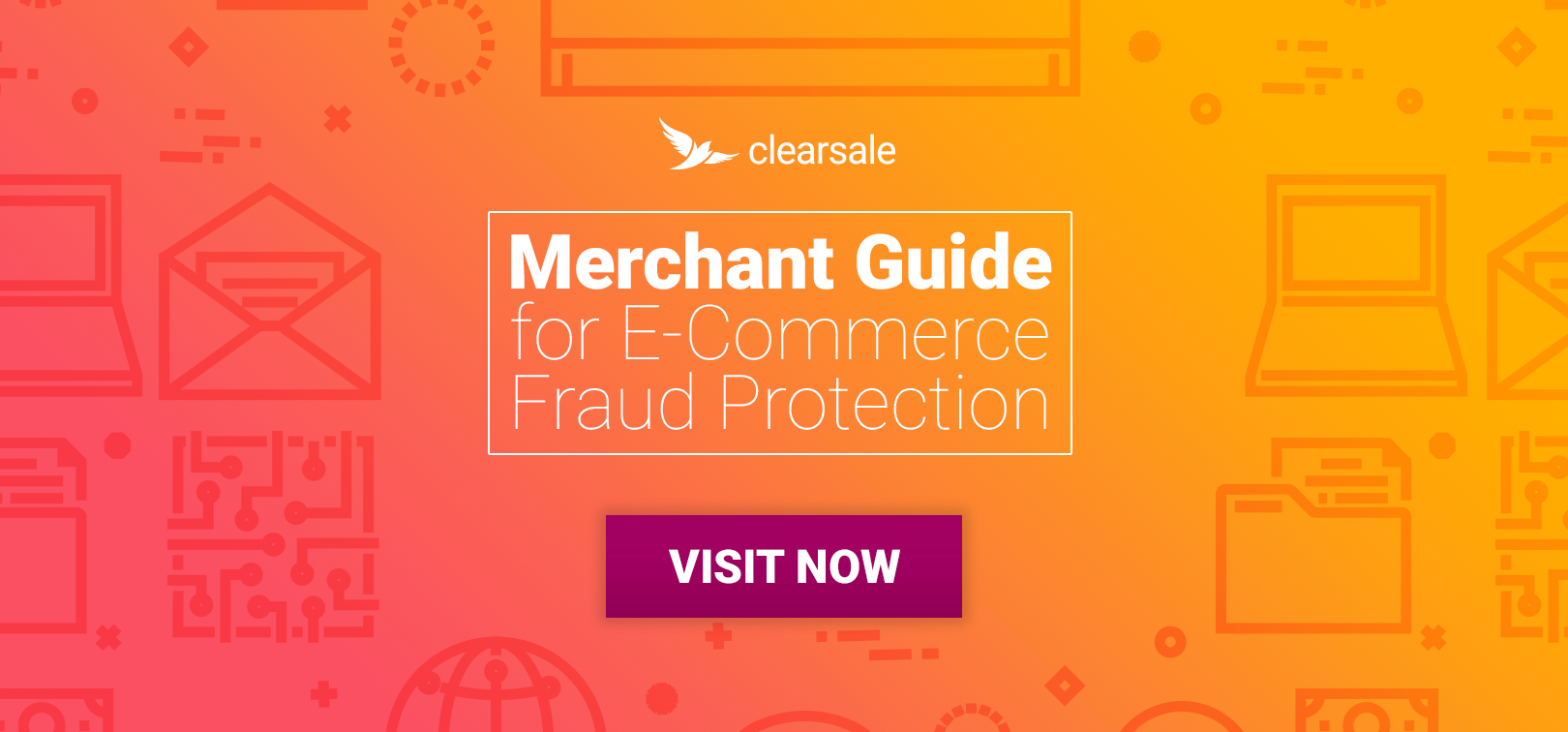Is Your Fraud Protection Like Taking an Uber or Renting a Car?
When you go on vacation, which is more appealing to you: renting a car or using a ride-sharing app like Uber to get everywhere? With the former, you’re in full control of where you can go and when. But with the latter, you don’t have to worry about navigating unfamiliar territory.
Choosing between an in-house and outsourced fraud protection solution is similar to deciding how you’re going to get around town on vacation. Both options have their advantages and their challenges, and what works for you now might not necessarily work for you later when your family (or your business) gets bigger.
Whether you’re deciding how you’ll see the sights on your international getaway or picking the right approach to protect your business against savvy fraudsters, here are three questions to consider.
1. Do You Know Local Laws and Regulations?
When you’re driving in a foreign country, it’s up to you to know the local rules of the road. Do you drive on the left- or right-hand side of the road? Do you have to yield to traffic on your right? What does a row of isosceles triangles on the pavement mean? If you don’t know, you could be putting yourself and others at risk.
The same is true with an in-house fraud prevention solution. Do you know how your international customers like to shop? Do they prefer shopping on mobile or desktop devices? What payment method do they prefer to use?
If you don’t understand how your customers like to shop, you risk alienating them and losing their potential lifetime value. And just like you need to be familiar with individual shoppers’ preferences, you also need to understand the rules and regulations that govern international communication and transactions, like Section 75, the General Data Protection Regulation and Strong Customer Authentication.
On the other hand, when you hire an Uber driver, you can be more confident that you’ve hired someone who knows the intricacies of navigating the local roads and can get you safely to your destination.
We compare this scenario to hiring an outsourced fraud prevention solution that has a solid world view of fraud — understanding e-commerce across countries, channels and payment gateways. Outsourced solutions often also have the benefit of understanding the unique risks involved with international transactions and how to best mitigate them. This is done by gathering the right data to perform fraud verification and implementing the right fraud detection solution.
2. Are You Protected If Something Goes Wrong?
No one likes to be in an accident. When you’re the driver, you can find your insurance rates skyrocketing, you may have to pay out of pocket for repair costs, and you may find yourself becoming overcautious when you’re driving. But when you’re a passenger in an Uber or a taxi, you can be assured that your driver is covered by insurance and you won’t be held liable for any damage caused by fender benders that may occur during your ride.
When you’re a merchant trying to manage your own fraud prevention solution, you’re on the financial hook when your solution rejects too many legitimate orders or results in too many chargebacks. Other financial costs are the increased costs to recruit, hire, train and retain in-house fraud prevention personnel. These costs can add up quickly. Research suggests that fraud and chargeback management can account for 13% to 20% of a business’s operational budget — a big hit to small businesses. In-house fraud teams also may find themselves unable to keep pace with evolving and emerging fraud patterns and threats.
But an outsourced solution may be able to protect you better. Not only does a dedicated fraud prevention provider have access to more diverse data points than an in-house team, enabling them to identify patterns and recognize fraud before transactions are processed, but a select few also provide a 100% guarantee against the costs of fraudulent chargebacks. That means you can ensure your business is covered with no extra expense to you.
3. Can You Avoid Distractions?
When you’re behind the wheel, you must be laser-focused on what’s around you. The traffic. The weather. The bicyclists and pedestrians. There’s no room for error. If you’re someone who likes to multitask, driving isn’t the time or the place for it.
But it’s a different story when you’ve got a driver helping you get from Point A to Point B. You’re simply required to let the driver know where to pick you up and where to drop you off. After that, you’re free to relax or be productive — no need to worry about keeping your eyes on the road.
Merchants who are running in-house fraud prevention solutions find it’s impossible to keep 100% focused on stopping fraudsters. They’ve also got to worry about maintaining inventory, providing customer service, increasing sales, and hiring and training staff, among other things.
But once merchants outsource this major task to a solution providing end-to-end services, they can refocus their time, attention and manpower back on critical business tasks, like product research and development and strategic management.
With a wide range of fraud prevention services available — ranging from simple fraud filters to a fully outsourced solution — merchants need to understand their specific fraud protection needs, including functionality, service and performance levels. Then they can evaluate each fraud protection solution against these defined objectives, rather than comparing one solution against another.
Implementing a comprehensive outsourced fraud protection solution into your e-commerce environment can help protect your business against the rising threat of fraud. Contact a ClearSale credit card fraud analyst today to learn how our multilayered approach can help you increase approval rates, minimize chargebacks and prevent fraud attacks.
 David Fletcher
David Fletcher
